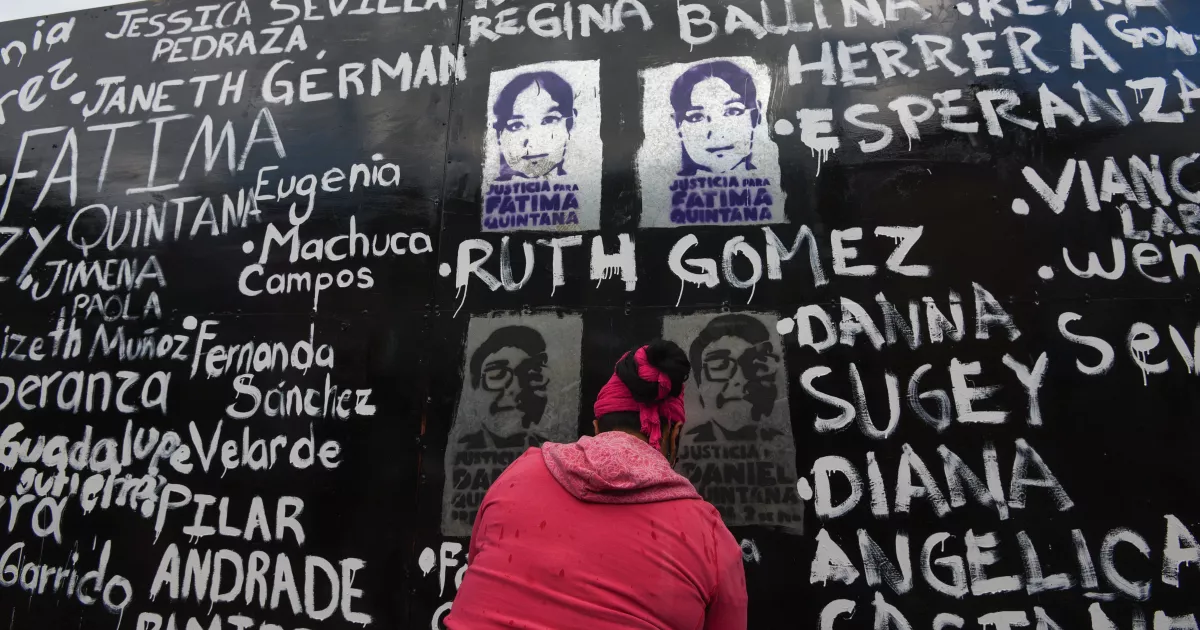In its report, the IMDH identified that in most states, there is a delay in the search processes for women.
“This is reflected in the completion of the search form, the request for the call sheet and geolocations, obtaining search warrants in an expeditious manner to enter premises where the location of the person is presumed, among others, rapidly decreasing the chances of finding them alive,” the document says.
A case of this late response occurred with the disappearance of Ivette Melissa Flores Román that occurred on October 24, 2012 in Iguala, Guerrero.
The 19-year-old girl was taken from her home by an armed group. Her mother filed a complaint with the Public Ministry, however, the preliminary investigation and search actions began up to two weeks later.
For this case, the UN Committee on the Elimination of Discrimination against Women classified the Mexican State as ignorant and concluded that authorities violated Article 2 of the Convention on All Forms of Discrimination against Women because they did not carry out an immediate search, without delay and with a gender perspective, with which they were denied access to Justice.
In this regard, Juan Carlos Gutiérrez recalls part of the anomalies that occurred in the search for Ivette Melissa.
“10 years later, the Guerrero State Prosecutor’s Office sends a letter to Ivette Melissa’s mother so that she comes to ratify the complaint of the disappearance of her daughter, 10 years later, when the appearances were in 2012, they also tell her that if She doesn’t show up, they’re going to arrest her,” she says.
In this regard, María Teresa Villarreal Martínez, professor and researcher at the Institute for Social Research of the Autonomous University of Nuevo León, explains that in addition to the late response, the impunity that prevails in disappearances contributes to the persistence of this problem.
“One of the most serious problems directly linked to disappearances is the impunity that affects both the prosecutor’s offices, which are the ones that prosecute the perpetrators of the crime, and the administration of justice: the judges, the courts. It is a very serious problem It has to do with resource allocation, courts packed with cases, and widespread corruption,” he explains.
Of the more than 111,000 women who have been reported missing for almost six decades, the whereabouts of 22,571 are still unknown.

















